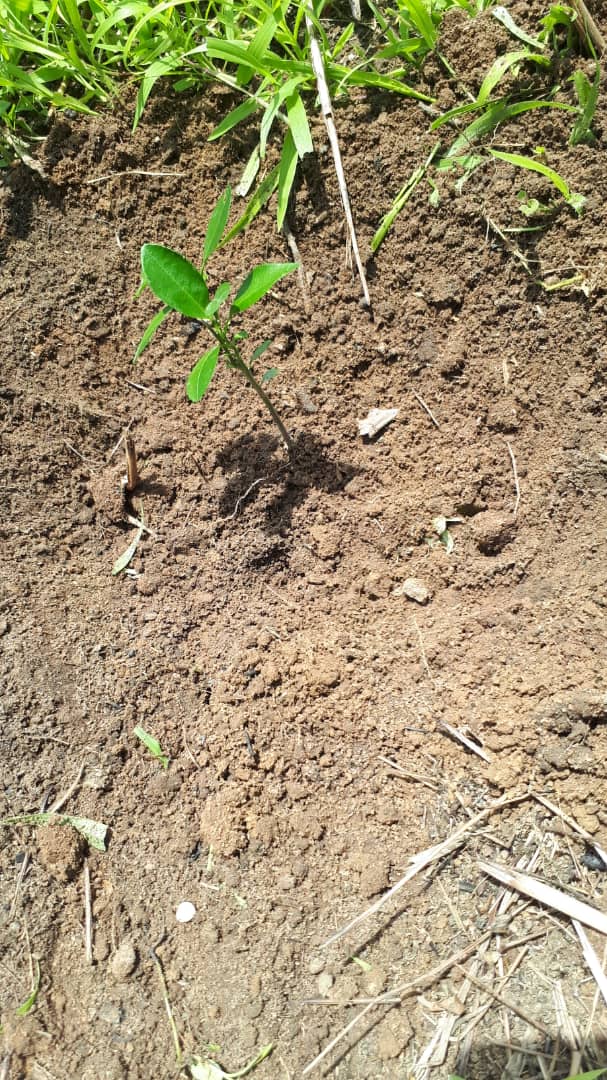Photo: UNDP, 2021
Vivarium Platform is a project supported through the Na No Mon platform and implemented by the Association of Young Defenders of the Boé City Environment (AJDA BOÉ), which aims to reforest the Boé zone, protect and increase wetlands that are heavily compromised by deforestation, climate change, and other factors.
Na No Mon is the community support platform powered by the UNDP that aims to support grassroots innovative initiatives for healthy, peaceful, and inclusive communities. The project “Vivarium Platform” has great value for the population of Boé and for the country. Apart from reforesting the zone, the Vivarium Platform provides a space for members of the community to reflect together on the importance of the ecosystem and work jointly to adopt preventive and protective measures for ecosystem biodiversity.
Young people, including 110 women, are part of this project. They will receive training in horticultural techniques, grafting, and restoration of threatened lands. It is planned that a forest and wild fruit vivarium will be created, built from different plants and fruit trees. Also, 3 hectares of field will be fenced to create a vivarium for vegetable gardening for women, thus increasing their right to economic resources and power to make decisions. A water supply system will be rehabilitated to efficiently irrigate the vivariums.
The project will thus train young men and women to build a forest, horticultural, and fruit vivarium, for the conservation and regeneration of rare species of plants and fruit trees, contributing to the growth of family income and for daily sustenance.
Currently, the main subsistence activities of the youth and women of Boé are fishing, hunting, traditional honey exploitation, charcoal production, and itinerant panpan rice agriculture. This project will increase socioeconomic opportunities, tapping into the endogenous potential of the area. Considering that Guinea-Bissau, like many countries on the west coast, has felt the devastating effects of climate change, it is very easy to understand the value of this project in activating mechanisms of action for the protection of the ecosystem, a fundamental element for human health.

 Locations
Locations









